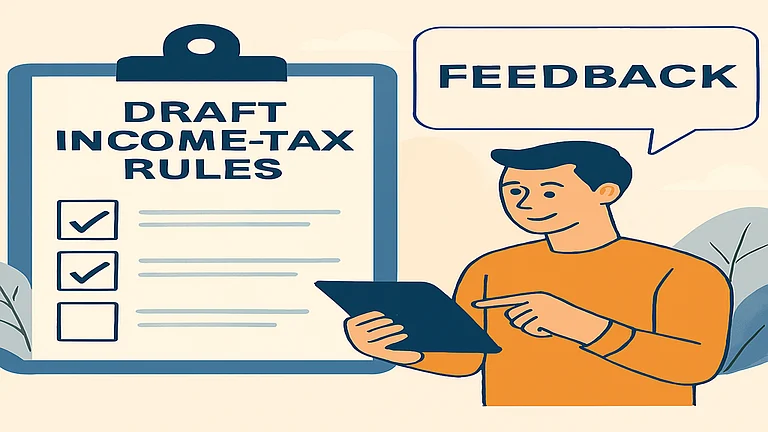The implementation of revised fair lending practices of the Reserve Bank of India (RBI) comes into effect from April 1, 2024. Henceforth banks and non-banking financial companies (NBFCs) cannot charge penalties for non-payment of EMIs or repayment of loans in the form of additional interest rates. However, they can charge it in the form of penal charges. These rules will prohibit banks and NBFCs from using penal charges on loan defaults as a revenue generation tool. As there were no uniform guidelines for charging penal interests several customers had complained that they were charged disproportionately to the default. The new rule will apply to all new loans from April 1, 2024. They will also apply to all pre-existing loans but only from June 30, 2024. It must be ensured that there is no capitalisation of the penal charges and no further interest computed on such charges, RBI said.
Also, the RBI has prohibited banks from penalising or imposing charges on accounts that have been inactive (no transactions) for more than two years.
Fair Lending Practice Rules
The guidelines state that any penalty for non-compliance with material terms and conditions of a loan contract shall be treated as 'penal charges' rather than 'penal interest.' All financial institutions must prominently display such penal charges on their websites under the 'Interest rates and Service charges' section under a head called 'Key Fact Statement'.
The central bank fixed no upper limit for penal charges but it has laid down the following guidelines. “Any penalty levied due to delay or default in servicing a loan, or any other non-compliance of material terms and conditions of a loan contract, by a borrower, shall be levied in the form of ‘penal charges’, in a reasonable and transparent manner, and not in the form of ‘penal interest’ that is added to the rate of interest being charged on the advances made,” RBI said.
Further, these charges should be reasonable and commensurate with the level of non-compliance, which should be clearly disclosed in loan agreements or terms and conditions.
The charges will be decided by a Board-approved policy that outlines the rationale and criteria for determining charges. Further, penal charges for individual borrowers for purposes other than business,' such as home loans and personal loans, should not exceed those for non-individual borrowers facing the same non-compliance.
The RBI also has barred banks from penalising or imposing charges on accounts inactive (no transaction) for over two years. Interest on savings accounts shall be credited regularly irrespective of the fact that the account is in operation or not.
"Banks are not permitted to levy penal charges for non-maintenance of minimum balances in any account that is classified as an inoperative account. No charges shall be levied for activation of inoperative accounts," the rules said.
RBI noted that banks open zero balance accounts for beneficiaries of Central/State government schemes and for students who receive scholarships but then due to non-operation of over two years classify them as inactive accounts Consequently Central and state governments are not able to send scholarship amounts to students in these accounts. This situation is also expected to change from April 1, 2024, after RBI notified the banks about the same.













